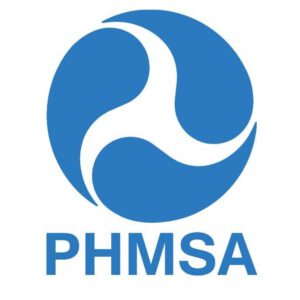
INGAA appreciates the opportunity to provide comments on proposed revisions to the National Pipeline Mapping System (NPMS) data collection program and associated Operator Standards Manual (OSM) included in this Docket. INGAA provided comments to PHMSA on earlier versions of the proposed Information Collection Request (ICR) revisions. We recognize PHMSA’s consideration of INGAA’s previous comments in that PHMSA made several adjustments to the proposed ICR and OSM which clearly reflect industry feedback. INGAA supports PHMSA’s goal to strengthen the effectiveness and accuracy of the NPMS and make certain information more accessible to first responders and members of the public. We look forward to continuing to work with PHMSA to finalize the details of the updated system.
In response to the current Notice, INGAA offers the following general comments and recommendations:
1. Modify positional accuracy and seam type requirements to be consistent with “Pipeline Safety: Safety of Gas Transmission and Gathering Pipelines” Notice of Proposed Rulemaking (NPRM), to reduce the burden of both the proposed NPMS ICR revision and the NPRM.
2. Add the following statement to proposed NPMS ICR and OSM: “Except where stricter quality or accuracy requirements are defined in this document, operators should use their best readily-available data and engineering judgment to determine attribute values.” INGAA also recommends a clarifying definition for inline inspection.
3. As the proposed NPMS ICR revision and future regulatory activities proceed, INGAA urges PHMSA to prioritize consistency between all rulemakings, forms, and ICRs to assure that information collection is the “least burdensome necessary.” Specific examples of inconsistencies that should be addressed are included.
4. Move the due date to March 30 for gas transmission operators to submit NPMS data, in order to minimize the burden on operators of assembling significantly more data than in current submissions.







